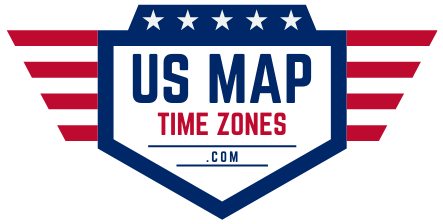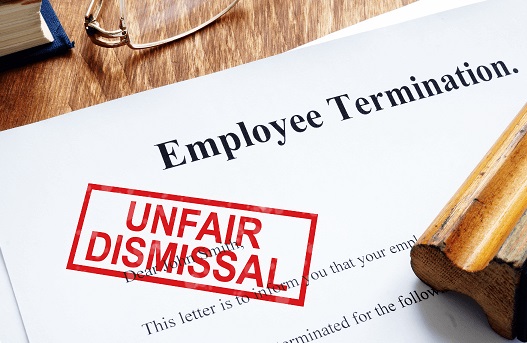Case for wrongful termination
When you find out that you’ve been fired for no fault, you’re undoubtedly stunned. Not only can this phenomenon be difficult to understand, but it also needs to be addressed as soon as possible.
This is because you have limited time to file a wrongful dismissal complaint against the employer. In California, the statute of limitations only runs for three years, so you must contact an employment law attorney immediately.
An employment lawyer will help you file your complaint promptly so that you do not miss out on seeking the financial relief you need.
Faulty Equipment and Truck Accidents
Common Truck Accident Injuries in Dallas
Wrong termination type
Wrongful termination can take one of a variety of forms and may include the following complaints:
- sexual harassment and hostile work environment
- discrimination against race or a protected characteristic, such as gender, disability, religion, or age
- Employer retaliation on workers’ compensation claims
- Violations related to the Family and Medical Leave Act (FMLA)
- wage and hour violations
- Retaliation against people who report illegalities in the workplace (called whistleblower retaliation)
- Fair Housing and Employment Act violations during the termination process
You will need to speak with a lawyer to determine how best to proceed with your case, as different cases are handled differently.
For example, your attorney will guide you differently on violations related to the FMLA or workers’ compensation claims when seeking equity for sex discrimination or similar favoritism or bigotry.
However, in any of these cases, you need to seek help afterward to ensure that you can exercise and protect your rights as an employee.
The federal statute of limitations
Federal law prohibits employers from terminating employees because of race, gender, religion, age, and disability. If you have an EEOC complaint to file, you must file your complaint with the Equal Employment Opportunity Commission (EEOC) within 180 days of being fired. If state anti-discrimination laws also cover the case, the deadline is extended to 300 days.
California Wrongful Termination Complaints
California employers are legally prohibited from firing you because of protected characteristics such as religion, race, gender, disability, or jury duty.
EEOC-enforced law requires that you file a charge of unlawful discrimination with the EEOC before filing a lawsuit. This law is mandatory for filings related to discrimination, except for the Equal Pay Act.
Filing a complaint with a state agency
Anyone wrongfully terminated for an EEOC violation in California can file a complaint with the Department of Fair Employment and Housing (DFEH) within one year of termination. Before filing a lawsuit against an employer in civil court, here’s what you need to do.
Note: The EEOC only accepts complaints from employers with 15 or more employees. DFEH complaints are made for employers with at least 5 employees.
If the employer has 15 or more employees, you can file with the EEOC and the DFEH. Therefore, if you have been fired from a company with 5 to 15 employees, you should file your complaint with the DFEH.
If both the EEOC and the DFEH cover the type of discrimination you experienced, you can file with both agencies.
File a lawsuit in civil court
To sue your employer in civil court after filing with DFEH, you must obtain a right-to-sue notice from DFEH. You will need the assistance of an employment law attorney, as you may also have to participate in a dispute resolution.
Suppose the DFEH does not initiate a civil action against your former employer within 150 days of filing a complaint, or they decide to pursue a civil action against the company. In that case, they are legally entitled to issue a right-to-sue notice. Is required.
Once you receive a right-to-sue notice, you have one year to file a wrongful termination lawsuit against your employer.
Over-the-counter drugs and trucker damage
Extension of federal and state deadlines
You need to file a lawsuit as soon as possible. However, if you think you’ve missed the deadline, check with your attorney. It just depends on the situation. In some cases, state and federal laws may provide an extension on filing a complaint.
Federal filing deadline
If you filed an EEOC lawsuit for being wrongfully fired from your job, this lawsuit is also covered statutorily by certain anti-discrimination provisions. You have 300 days from the expiration date to file a federal complaint.
Deadline Extension in California
In California, the following are allowed to extend the time limit for complaints related to wrongful firing:
If you learn of your employer’s illegal action within 90 days after the deadline, you are granted a 90-day extension.
You can get a one-year extension if you have a specific issue with identifying the correct employer.
If you were wrongfully terminated as a minor, you are given an extension of one year to file a complaint after reaching the age of majority.
However, don’t automatically assume you can depend on the above extensions. It is still best to file your complaint as soon as possible so that you can fully exercise your civil rights.

